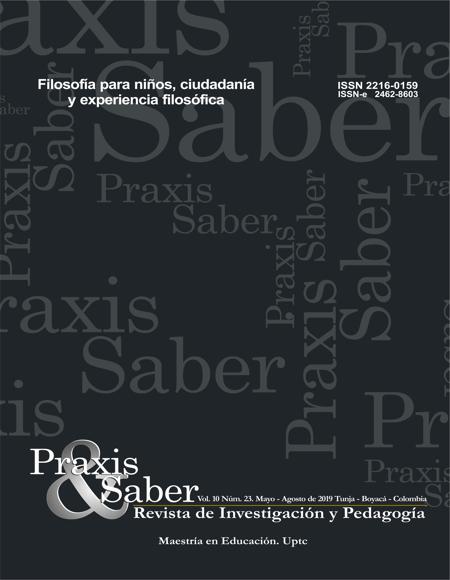The new Socrates: parrhesia and epimeleia heautou based on the position of rappers

Abstract
This text addresses philosophy as a thought experiment, according to Larrosa, Masschelain, and Kohan. The socratic notions of parrhesia and epimeleia heautou are discussed on the basis of Foucault's Hermeneutics of the Subject; and the practice of parrhesia as a philosophy is discussed based on The Government of Self and Others, in order to establish a dialogue with the voices from the streets: rappers. It is argued that they are the new Socrates. The possible dialogues between city and education are analyzed. A reflection is developed on young people's political experience, given that Socrates frequented the Agora because he perceived political participation as a duty. He took care of himself to help others take care of themselves, which is a responsibility. To support the claim that rappers are the new Socrates, the language of the streets is drawn from interviews.
Keywords
philosophy, education, rap, youth
References
Buber, M. (2012). Sobre comunidade. São Paulo: Perspectiva.
Dietzsch, M. (2006). Leituras da cidade e educação. Cadernos de Pesquisa, 36(129), 727-759.
Derrida, J., & Dufourtamantelle, A. (2003). Anne Dufourtamantelle convida Jacques. São Paulo: Escuta.
Foucault, M. (2010a). A hermenêutica do sujeito. São Paulo: Martins Fontes.
Foucault, M. (2010b). O governo de si e dos outros. São Paulo: Martins Fontes.
Kohan, W. (2013). Ensino de Filosofia – perspectivas. Belo Horizonte: Autêntica Editora.
Larrosa, J. (2014). Tremores. Belo horizonte: Autêntica.
Masschelein, J. (2014). A pedagogia, a democracia, a escola. Belo Horizonte: Autêntica.
Motta, G. (2005). Gláucon, Adimanto e a necessidade da filosofia. Revista Kléos, 10(9), 87-113. Disponível em http://www.pragma.ifcs.ufrj.br/kleos/K9/K9-Motta.pdf.
Sousa, J. (2014). A experiência contemporânea da política entre jovens do sul do Brasil. Disponível em biblioteca.classo.edu.ar/gsdl/collect/clacso/index/assoc/.../RELATORIOJaniceTirelli.pdf.
Zourabichvili, F. (2016). Deleuze: uma filosofia do acontecimento. São Paulo: Editora 34.
